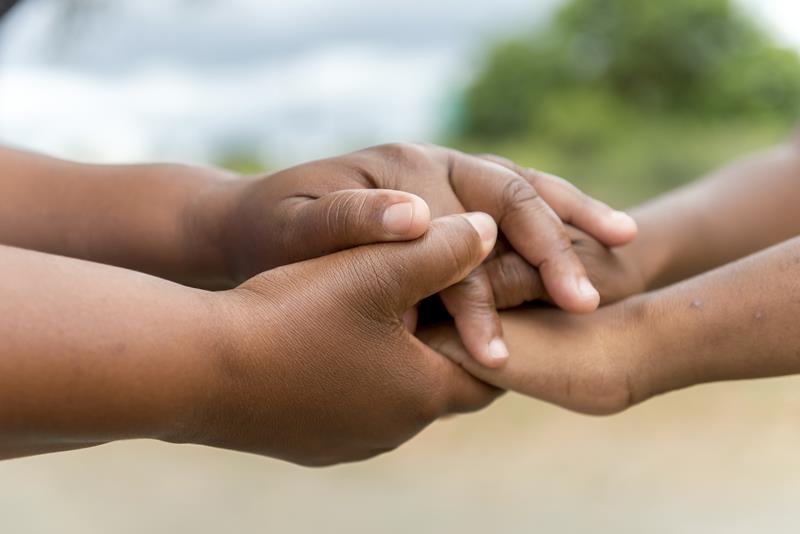The only way for South Africa to tackle the scourge of gender-based violence (GBV) – which kills around seven women a day – is to directly address the harmful norms, values and behaviours that lead to violence, says Anglo American’s GBV programme manager.
Marcel Korth, who coordinates Anglo American’s Living with Dignity initiatives, says one of the key reasons for ongoing gender-based violence is the failure to address underlying issues that lead to violent behaviour. The initiative provides direct employee and community support to combat gender-based and domestic violence, and work with health authorities to identify abuse cases and referrals to support mechanisms.
“If we’re going to successfully shift perceptions around GBV, in this country, we must expand our perspective and look beneath the surface to change attitudes, beliefs and behaviours,” said Korth.
Anglo American recently launched a broad anti-GBV campaign, dubbed “I’mpossible”, which aims to engage perpetrators, victims, bystanders and communities alike to drive a greater understanding of why GBV happens and inspire men and women to reflect deeper on what each one of us can do curb the scourge of violence against women, men and children.
The launch of the campaign coincided with the second anniversary of Anglo American’s Living with Dignity framework, which uses a range of interventions to eliminate harassment and gender-based violence at work and prevent violence against women and children at home, in schools, and mining communities. Anglo American has entered partnerships with organisations like the Sexual Violence Research Initiative (SVRI), National Shelter Movement, and Business Fights Poverty to provide services for victims and address attitudes and behaviours that typically lead to violence.
“We believe we will have succeeded in our work when people within the organisation and in our communities are more personally engaged with the effects of GBV in our society; begin to demand dignity and respect for themselves and others; and are better equipped to address distress and conflict, in the workplace, at home and in their communities,” said Korth.
Korth says it was critical for any GBV intervention to make meaningful inroads before violence occurs to make men and boys part of the solution. “It is critical to start a conversation with young boys in our communities around issues of equality and power relations. By involving everyone in the conversation – victims, perpetrators and bystanders alike – we can create greater awareness of the effects of the scourge on all members of our society,” he said.
To date, the company’s interventions include De Beers hosting all-male panel discussions on community radio stations to appeal to men on various topics related to GBV. De Beers also converted an old police station in Musina into a victim empowerment centre and refurbished the Senwabarana Victim Empowerment Centre to increase its capacity. Anglo American Platinum recently handed over fully equipped GBV shelters in Thabazimbi, Twickenham and Ga Mampuru to local women’s rights organisations. At the same time, Kumba Iron Ore runs an internal series of discussions at its mining operations to drive greater awareness of GBV and encourage people to speak up.
“We decided to extend our efforts to combat gender-based violence and harassment beyond the mine gate because it’s vital to tackle the root causes in homes, schools and communities. We have a responsibility to use our influence and resources to bring change in those communities,” said Korth.
At the moment, a consortium of organisations is developing a gender-transformative curriculum that will build sensitivities and skills for organisations and partners working for and with us in our efforts to build thriving communities around our mines. We also continue to work with partners to strengthen response services for survivors in our communities.

